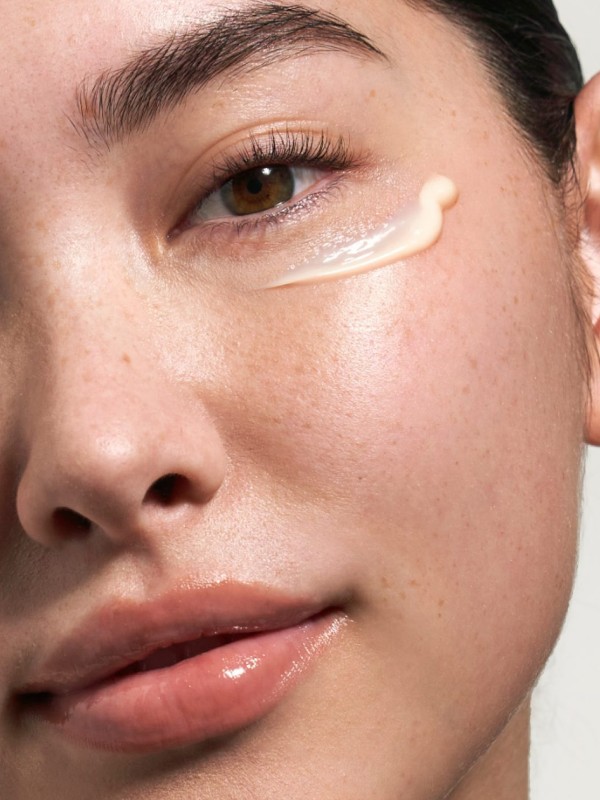

A Guide To Understanding Iron Deficiency
How common is iron deficiency in women?
“According to the World Health Organisation (WHO), rates can be up to 30% globally, largely due to dietary deficiencies in certain regions. Most lab ranges only highlight critical iron deficiency (ferritin <15 μg/L), but symptoms of iron deficiency can appear with ferritin levels <70 μg/L. In my practice, I recommend addressing iron deficiency when ferritin falls below 70 ug/L, as symptoms such as hair loss can become noticeable even at these levels. Typically intravenous iron would not be considered unless ferritin was below 30.”
What are the main causes of iron deficiency
“Iron deficiency is particularly common in women due to menstrual blood loss. Other causes include gastrointestinal blood loss (such as from polyps or bowel cancer), pregnancy, malabsorption (where the gut absorbs iron poorly), or insufficient dietary intake of iron-rich foods, which can be common in vegetarian or vegan diets. When blood is lost, the body must replace it. Haemoglobin, the protein that carries oxygen in red blood cells, requires iron to be produced. This is why blood loss leads to iron deficiency and, eventually, to anaemia, as the body cannot make enough haemoglobin without sufficient iron.”
Is anaemia the catch-all term for iron deficiency, or is it more nuanced?
“Anaemia occurs when the body has a lower-than-normal amount of healthy red blood cells, which means it doesn't get enough oxygen. If you are low in iron, this can lead to iron deficiency anaemia. However, iron deficiency without anaemia is also possible and can still cause symptoms. Left untreated, iron deficiency almost always leads to iron deficiency anaemia.”
Are some women predisposed to iron deficiency?
“Any person can become iron deficient, but women are more likely due to menstrual blood loss. Other factors, such as pregnancy and dietary habits (like vegetarianism or veganism), can also increase the risk.”
How easy is iron deficiency to detect?
“Iron deficiency is easy to detect through a simple set of blood tests.”
What about testing on the NHS vs privately?
“The NHS can diagnose iron deficiency, and we're actively becoming more proactive at doing so, but some patients may find it difficult to access the testing through their doctor or a delay in running tests or scheduling an appointment quickly. NHS criteria for iron infusions are strict, and many patients with iron deficiency but no anaemia may not qualify. Private testing can offer rapid access to testing and treatment for those who may not meet NHS criteria, though NHS treatment is usually accessible for more severe cases. At Effect Doctors, we analyse blood tests from any provider, whether NHS or private, so long as they're taken within three months.”
Can low iron ever be serious?
“Yes. Iron deficiency anaemia can lead to serious complications such as, heart failure, severe fatigue, weakened immune function, leading to more frequent infections and worsening of chronic conditions. The debilitating symptoms (like fatigue, shortness of breath, and dizziness) are also important to address for quality of life.”
How can iron levels be increased in the short and long term?
“Iron levels can be increased through diet, by consuming iron-rich foods like red meat, leafy greens, legumes, and fortified cereals. Oral supplements are the first-line treatment for most iron deficiencies. However, some people experience side effects like bloating, nausea, constipation, or diarrhoea. IV iron is typically used when oral supplements aren't effective or tolerated, or in cases of severe deficiency. Oral supplements must be taken consistently (usually three times a day) for effectiveness. Some forms of oral iron are better absorbed than others, and higher doses may be needed based on individual requirements. Consult with your doctor to determine the best treatment, whether it’s oral supplements or IV iron, based on your specific needs.”
Understanding your iron levels
Common symptoms of iron deficiency
- Fatigue and weakness
- Dizziness or light-headedness
- Headaches
- Hair loss or thinning
- Brittle nails
- Shortness of breath
- Low mood or depression
Unusual symptoms of iron deficiency:
Restless leg syndrome: The exact cause related to iron deficiency is unclear, but it’s a known symptom, possibly linked to iron's role in dopamine regulation.
Hair loss: Commonly seen with iron deficiency, as iron is necessary for healthy hair growth.
Shortness of breath: Iron deficiency anaemia reduces the oxygen-carrying capacity of red blood cells, leading to breathlessness.
Tinnitus: Iron deficiency can cause changes in blood flow, and the ears, sensitive to such changes, can produce a ringing sound known as pulsatile tinnitus.
Bloating/water retention: Iron deficiency anaemia may cause fluid retention and bloating, particularly in the abdomen.
What an iron test will check for:
Haemoglobin levels: To check for anaemia.
Red blood cell size/shape/volume: Cells change size and shape when deficient in iron.
Ferritin: Reflects the body's iron stores.
Total iron binding capacity: Changes when iron levels are low.
Iron levels: Direct measurement of circulating iron.
Inflammatory markers (CRP): High levels can affect iron absorption and usage.
Kidney and liver function: To rule out other underlying causes of anaemia or fatigue.
Visit EFFECTDOCTORS.COM
DISCLAIMER: Features published by SheerLuxe are not intended to treat, diagnose, cure or prevent any disease. Always seek the advice of your GP or another qualified healthcare provider for any questions you have regarding a medical condition, and before undertaking any diet, exercise or other health-related programme.
DISCLAIMER: We endeavour to always credit the correct original source of every image we use. If you think a credit may be incorrect, please contact us at info@sheerluxe.com.





